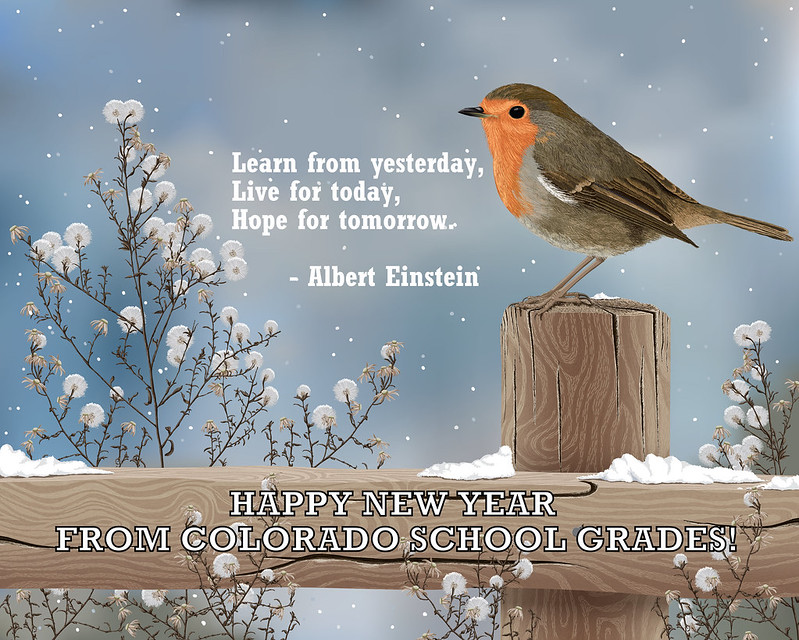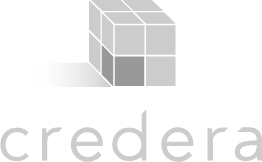by Cortney Durista Lockhart
This week, teacher Cortney Durista Lockhart shares her tips for what questions a parent should ask at that parent-teacher conference. Click here for part one, and stay tuned for more ideas tomorrow!
Part 2
1. What can I do to be supporting my student in his or her growth in your class?
Oftentimes, taking a simple step such as reading every night with your child or asking him or her multiplication and division questions while you’re doing the dishes can build huge growth for your child. Researching colleges or summer programs with your child might be a way that you can help as well. Teachers sometimes don’t know how to ask parents to help with these little things, so take the initiative and ask!
2. What are your goals for my student this year?
Every teacher has goals for his or her students, just as every parent has a long list of goals for his or her child. Ask what your child should be able to do and know by the end of year and then engage in a conversation about what this will look like. Your child’s teacher should be able to clearly explain these goals and the steps along the way, maybe using a syllabus or an organizer to help your child stay on track.
3. How is learning assessed (tests, projects, presentations, etc.)?
There’s no way around it – we live in a test and data driven world. Asking teachers how they assess student learning can open up some important conversations that won’t happen otherwise. What if your child has severe test anxiety? Does his or her teacher take a variety of different factors into consideration when grading, or is everything determined by just one test every unit? Be sure that you know how the teacher measures learning so that you can be supportive for your student.
4. What motivates you to teach?
As a teacher, this is one of the best questions that I have ever been asked by a parent. Though it might catch your child’s teacher off-guard, it is a great way to get to know the teacher more personally. This will give you a chance to see if your values and your child’s learning style will be best served by this teacher. The best teachers are those that push us in our thinking, so be open to new perspectives and ideas!
Cortney Duritsa Lockhart has always been passionate about equitable education and is currently a 7th grade math and civics teacher at West Generation Academy. She has lived all over Colorado and now lives in Denver with her husband and cat.
 |
| 








